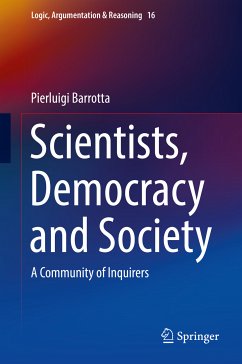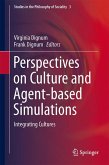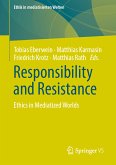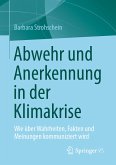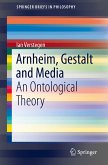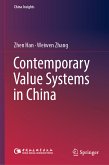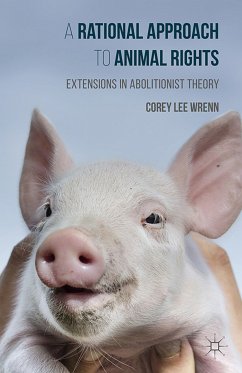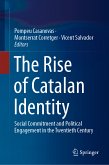To defend his theory, the author shows that science and society are both heterogeneous and fragmented. They display variable and shifting alliances between components. He also explains how information flow between science and society is bi-directional through "transactional" processes. In other words, science and society mutually define themselves. The author also explains how science is both objective and laden with values.
Coverage includes a wide range of topics, such as: the ideal of value-free science, the is/ought divide, "thick terms" and the language of science, inductive risk, the dichotomy between pure science and applied science, constructivism and the philosophy of risk. It also looks at the concepts oftruth and objectivity, the autonomy of science, moral and social inquiry, perfectionism and democracy, and the role of experts in democratic societies.
The style is philosophical, but the book features many examples and case-studies. It will appeal to philosophers of science, those in science and technology studies as well as interested general readers.
Dieser Download kann aus rechtlichen Gründen nur mit Rechnungsadresse in A, B, BG, CY, CZ, D, DK, EW, E, FIN, F, GR, HR, H, IRL, I, LT, L, LR, M, NL, PL, P, R, S, SLO, SK ausgeliefert werden.

